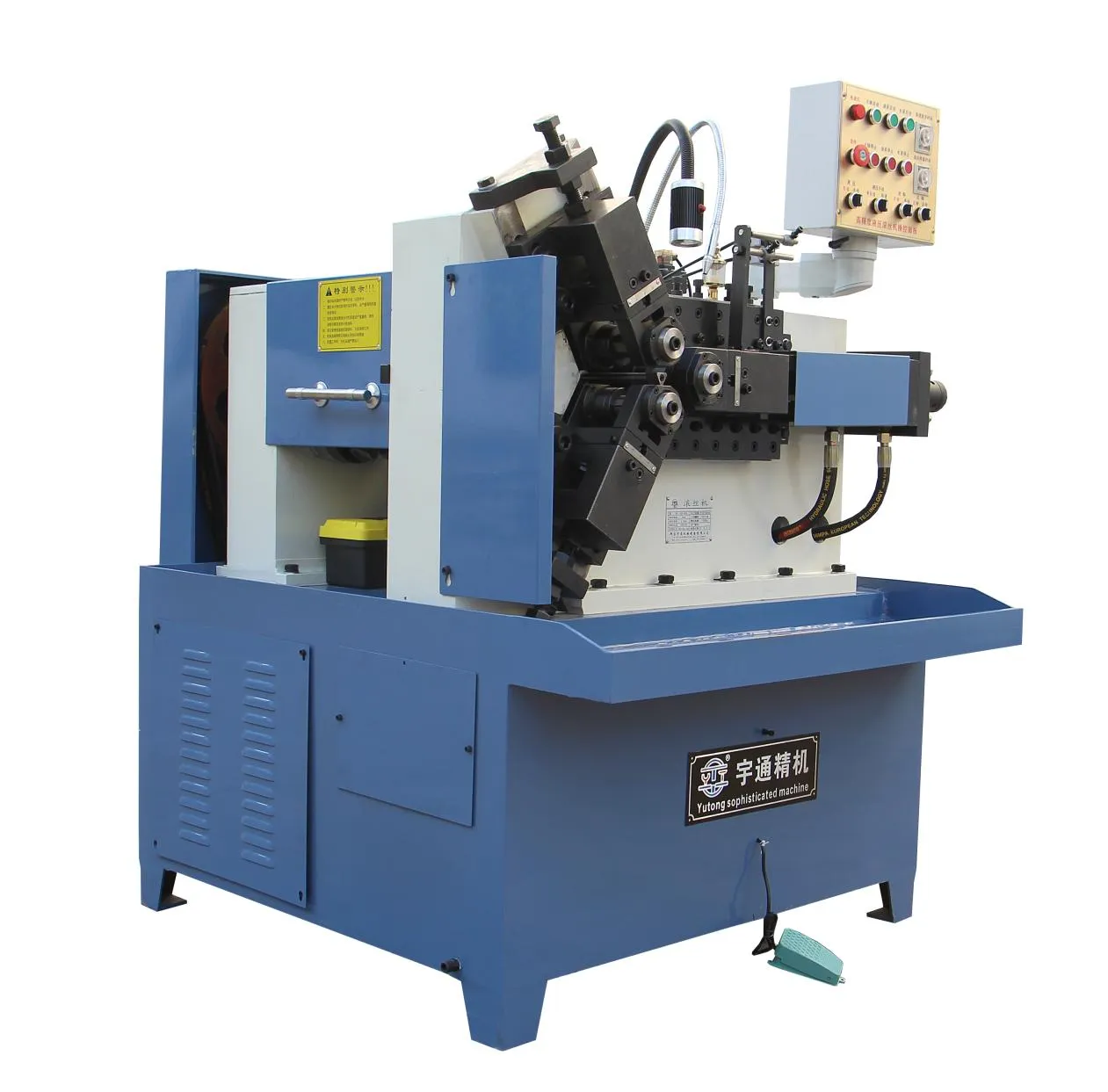
-
 Afrikaans
Afrikaans -
 Albanian
Albanian -
 Amharic
Amharic -
 Arabic
Arabic -
 Armenian
Armenian -
 Azerbaijani
Azerbaijani -
 Basque
Basque -
 Belarusian
Belarusian -
 Bengali
Bengali -
 Bosnian
Bosnian -
 Bulgarian
Bulgarian -
 Catalan
Catalan -
 Cebuano
Cebuano -
 Corsican
Corsican -
 Croatian
Croatian -
 Czech
Czech -
 Danish
Danish -
 Dutch
Dutch -
 English
English -
 Esperanto
Esperanto -
 Estonian
Estonian -
 Finnish
Finnish -
 French
French -
 Frisian
Frisian -
 Galician
Galician -
 Georgian
Georgian -
 German
German -
 Greek
Greek -
 Gujarati
Gujarati -
 Haitian Creole
Haitian Creole -
 hausa
hausa -
 hawaiian
hawaiian -
 Hebrew
Hebrew -
 Hindi
Hindi -
 Miao
Miao -
 Hungarian
Hungarian -
 Icelandic
Icelandic -
 igbo
igbo -
 Indonesian
Indonesian -
 irish
irish -
 Italian
Italian -
 Japanese
Japanese -
 Javanese
Javanese -
 Kannada
Kannada -
 kazakh
kazakh -
 Khmer
Khmer -
 Rwandese
Rwandese -
 Korean
Korean -
 Kurdish
Kurdish -
 Kyrgyz
Kyrgyz -
 Lao
Lao -
 Latin
Latin -
 Latvian
Latvian -
 Lithuanian
Lithuanian -
 Luxembourgish
Luxembourgish -
 Macedonian
Macedonian -
 Malgashi
Malgashi -
 Malay
Malay -
 Malayalam
Malayalam -
 Maltese
Maltese -
 Maori
Maori -
 Marathi
Marathi -
 Mongolian
Mongolian -
 Myanmar
Myanmar -
 Nepali
Nepali -
 Norwegian
Norwegian -
 Norwegian
Norwegian -
 Occitan
Occitan -
 Pashto
Pashto -
 Persian
Persian -
 Polish
Polish -
 Portuguese
Portuguese -
 Punjabi
Punjabi -
 Romanian
Romanian -
 Russian
Russian -
 Samoan
Samoan -
 Scottish Gaelic
Scottish Gaelic -
 Serbian
Serbian -
 Sesotho
Sesotho -
 Shona
Shona -
 Sindhi
Sindhi -
 Sinhala
Sinhala -
 Slovak
Slovak -
 Slovenian
Slovenian -
 Somali
Somali -
 Spanish
Spanish -
 Sundanese
Sundanese -
 Swahili
Swahili -
 Swedish
Swedish -
 Tagalog
Tagalog -
 Tajik
Tajik -
 Tamil
Tamil -
 Tatar
Tatar -
 Telugu
Telugu -
 Thai
Thai -
 Turkish
Turkish -
 Turkmen
Turkmen -
 Ukrainian
Ukrainian -
 Urdu
Urdu -
 Uighur
Uighur -
 Uzbek
Uzbek -
 Vietnamese
Vietnamese -
 Welsh
Welsh -
 Bantu
Bantu -
 Yiddish
Yiddish -
 Yoruba
Yoruba -
 Zulu
Zulu
Types of Thread Rolling Machines and Their Pricing Options
Understanding Types of Thread Rolling Machines and Their Pricing
Thread rolling machines are essential tools in manufacturing processes, particularly in the production of fasteners and other threaded components. They are preferred over traditional cutting methods due to their ability to produce strong and precise threads efficiently. With the increasing demand for high-quality threaded products, the market for thread rolling machines has grown significantly. This article explores the various types of thread rolling machines available and provides insights into their price ranges.
Types of Thread Rolling Machines
1. Flat Die Thread Rolling Machines Flat die machines use two flat dies to shape the workpiece. This type of machine is suitable for rolling external threads on cylindrical parts, such as bolts and screws. Flat die machines are known for their efficiency, especially when processing larger batches. Their pricing typically falls within a moderate range, often between $10,000 and $30,000, depending on the machine's capabilities and brand.
2. Round Die Thread Rolling Machines Round die machines utilize cylindrical dies to create threads. They are primarily used for both external and internal threading operations. Although they can be more expensive, they offer flexibility in terms of the shapes and sizes they can handle. Prices for round die machines generally range from $15,000 to $50,000, influenced by the machine's size and advanced features, including automation and precision controls.
3. Vertical Thread Rolling Machines Vertical machines are designed for high-speed production and are suitable for mass production environments. They can handle larger workpieces and are known for their speed and efficiency. However, they tend to come with a higher price tag, typically ranging from $25,000 to $80,000. These machines are ideal for manufacturers who require continuous operation and high output.
4. CNC Thread Rolling Machines Computer Numerical Control (CNC) thread rolling machines integrate advanced technology for enhanced precision and flexibility. These machines can be programmed for various thread specifications, making them ideal for custom or specialty fasteners. Their complexity and capabilities significantly impact their pricing, with costs starting around $40,000 and going up to $100,000 or more, depending on the extent of automation and features included.
5. Hydraulic Thread Rolling Machines Hydraulic machines utilize hydraulic pressure to control the rolling process, allowing for higher force applications, which is particularly useful for hard materials. These machines are versatile and can be used for a variety of thread profiles. The price of hydraulic machines can range from $20,000 to $70,000, depending on their size and specifications.
types of thread rolling machine pricelist

Factors Influencing Pricing
Several factors influence the pricing of thread rolling machines
- Brand and Reputation Established brands may charge more due to their quality assurance and post-sale support. - Machine Specifications Features such as automation, size, and the type of threading capabilities can significantly affect the price.
- Material and Build Quality Higher quality components and robust builds typically lead to increased costs.
- Market Demand As with any product, fluctuations in demand can lead to price variations. In times of high demand, prices may rise accordingly.
- Geographical Location Prices may vary regionally based on shipping costs, tariffs, and local demand for specific machine types.
Conclusion
Investing in the right thread rolling machine is crucial for manufacturers looking to enhance their production capabilities. Understanding the different types of machines and their associated prices can help businesses make informed decisions. Whether opting for a flat die, round die, vertical, CNC, or hydraulic machine, evaluating specifications against production needs is essential in selecting the best equipment for your operations. As technology advances, continuous research into current market trends and innovations will benefit manufacturers in maximizing their investment and ensuring competitive advantage in their respective industries.
